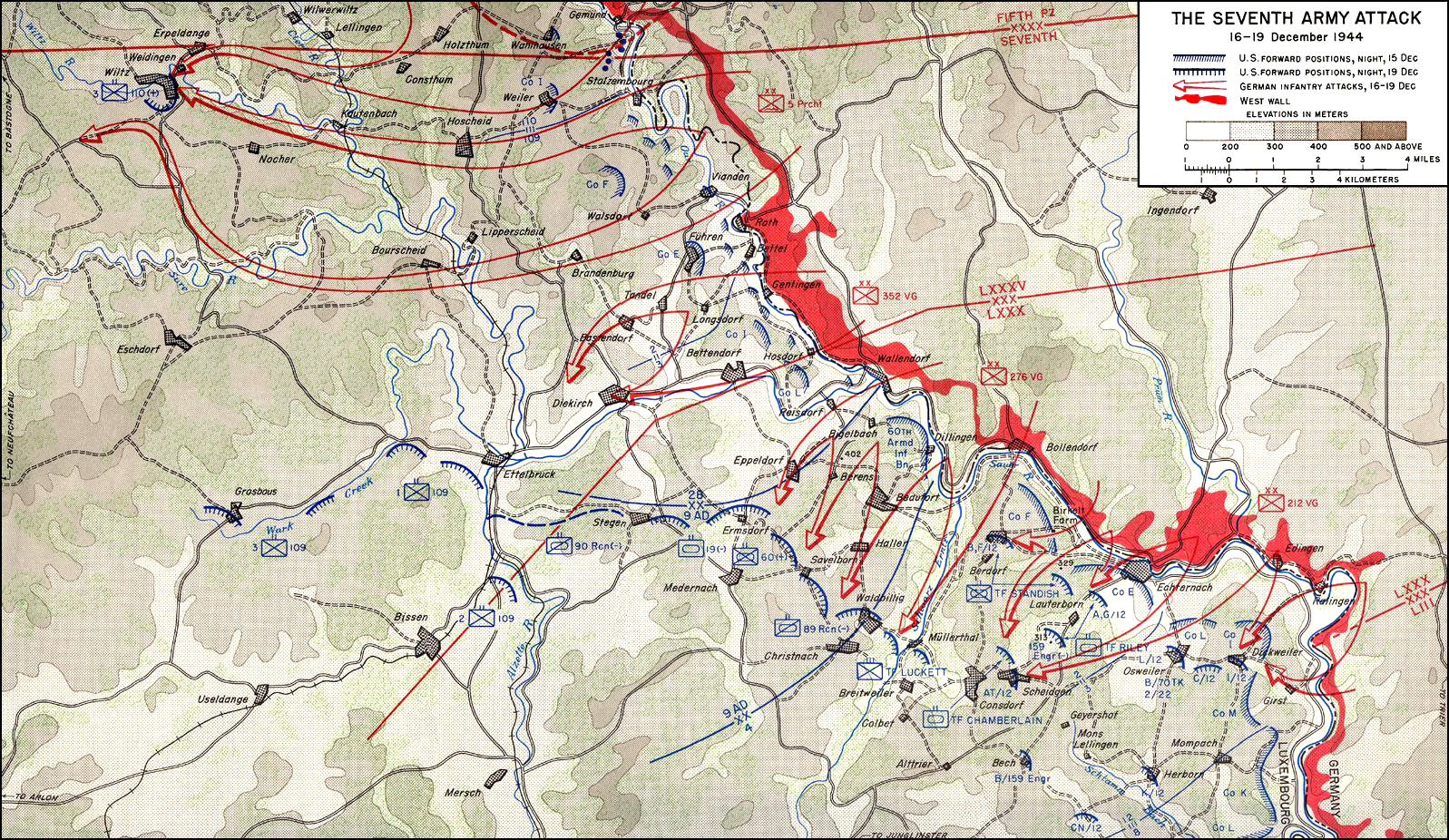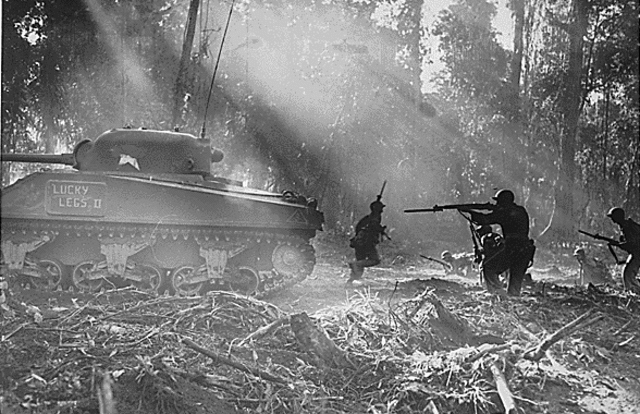

Īlso, in college, I was, for three-and-a-half years, I was the engineering school editor. He just did, but he comes up with the right answer. This instructor goes up to the blackboard, takes something like a six or eight-digit number, multiplied by a six or eight-digit number. There was one time when a fellow in the class complained that he got the right answer, why'd he get marked down. If you couldn't do the test or didn't want to, no problem, solve the problem, but if you did and got it right, you'd get extra credit. He had something called IAs, industrial aristocracy. You know, you're just passing with a "D." The average mark on the test was forty, so we had to raise it up to a minimum of sixty-five. Also, for the final test, the annual, well, semi-annual, instead of giving us the question, "Write everything you learned this term," and we never had a problem to solve, we had problems, guess what he gave us. When it came to my turn, even though I knew what was going on, I was so excited that I couldn't think, and of course, I didn't do too well on the test. Basically, what you needed to do was to recite verbatim what was in the text, and the usual test for the term was, "Write everything you learned this term." You were expected to go from the beginning of this book word for word and keep going until the time ran out. His question on Fridays was only one question, write everything.

In college, they had an instructor there, this guy was nuts, he wrote the text himself. In fact, I learned more in high school than I did in college as far as these are concerned. After I retired from RCA, then I got a job as a top-level machinist, even though I had never worked at that but just from what I learned in high school. I even have a machine shop in my basement today. I learned to use machines very early and to set them up. After that, we would make the mold, and then the next term, we'd actually pour, next term, we'd machine it. It was a fantastic school, in that the first term was a course in industrial processing, and the next one was making a pattern out of wood with the fillets and so forth, so you could withdraw it without tearing the sand apart, the sand casting. I took it for six months and then changed over to electrical course, because I didn't think my parents, I'm sure they weren't able to pay for this. They had a course, a college preparatory course, and that's the one I needed to take. It was the only high school in New York City that required an entrance exam, so I managed to make it. I worked there, not for any money but for experience. One of the broadcasting stations was the backup station for WNYC, which was a city station, and also WNYE, which was the only Board of Education station. This had twelve stories, two broadcasting stations. It was called the Brooklyn Technical High School. I went to a school in Brooklyn, New York. Usually, they say they can't find themselves. I knew from the time I was about ten or eleven what I wanted to do as a vocation, which is pretty rare for people. When I was growing up as a small kid, playing out in the backyard, in the back of his shop, if he couldn't find a tool, he'd come out there and I'd probably be playing with it.

We moved to New York, at the time, to the Bronx, not far from the Bronx Zoo. Anyway, his landlord wouldn't give any more than six months.

Otherwise, they'd just have an empty store there. It was very common at the time for the landlord to allow staying in the business for a few years, because it wasn't going to cost him anything. Of course, when the depression hit, he gave credit to people who were working for the township, and when the depression came, the township couldn't pay them, so they couldn't pay him. One of the things that he did, and he never tried to get it patented or anything, but the console radios in that time had three knobs that it had to tune in order to hear and get the station, so he figured out a mechanism so that if you turned one of them, they all turned together so that there wasn't any need for that. MG: Before we get into that, can you just say when and where you were born?ĪG: Okay, I was born in New York City, but my first home was in West New York, New Jersey. The interviewers are Molly Graham, and I am joined by Joan Moscatelli.Īrthur Goldschmidt: As far as growing up is concerned, my father used to have a radio repair shop. Molly Graham: This is an oral history interview with Arthur Goldschmidt on in Mount Laurel, New Jersey.


 0 kommentar(er)
0 kommentar(er)
